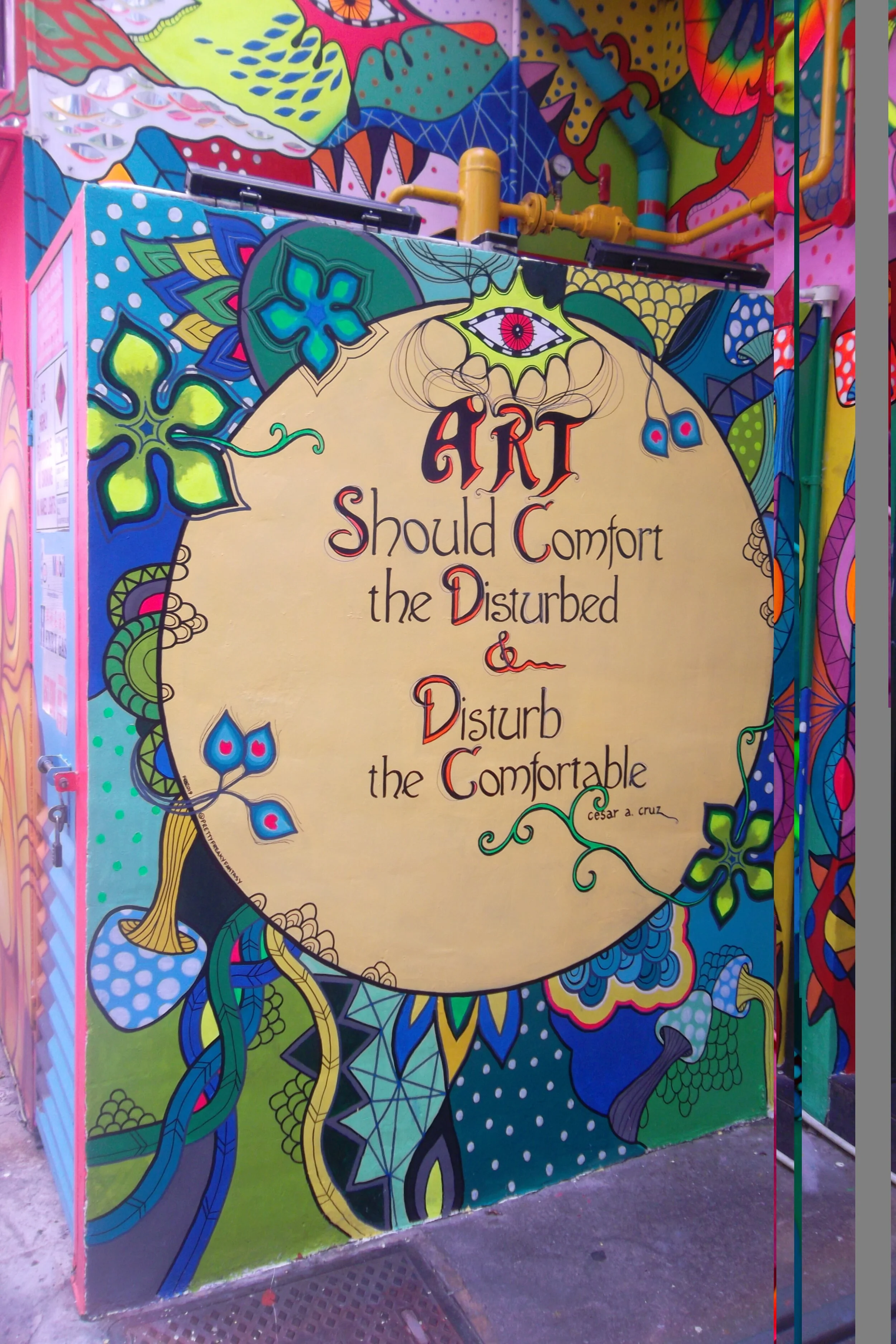Originally written May 8, 2016.
Image sourced from: http://granitegrok.com/blog/2012/09/blogline-of-the-day-professor-paul-rahe/attachment/chivalry-coatoverpuddleforlady
Permission requested on September 12 2017.
The word noble holds two meanings - one related to hierarchy and rank, the other connected to moral character[1]. Jane Austen’s famous novel of manners, “Pride and Prejudice”, is famous for noble behaviour by both its lead characters. But if the first meaning has little relevance in the modern world, then does it logically follow that the second meaning has also largely vanished? I ask because that first definition denotes both a social gap between people, with rigid manners and social mores, instead of the modern Western presumption of at least notional equality.
The world is (in general) much richer and less violent than it was historically. Many of the social limitations have lessened over time, allowing many people (especially women) to earn their own livings, and to choose who they wish to associate with. However, the concept of a common code of etiquette has been replaced by an ethos of personal choice that allows almost any behaviour, provided it doesn’t break any laws, and with far less consequence for bad behaviour.
As such, if someone with higher social status does something kind for another, is it now perceived as insulting? Is the person doing the kind simply suspected of showing off their social status? If such acts, stemming from altruism, are now often frowned upon, then presumably the scope for such acts lessens. If this assumption holds true, have modern people forgotten how to recognize noble or even polite behaviour as a conscious choice? And do we collectively have less appreciation for it as a result?
From the opposite perspective, could the feeling of irritation of receiving kindness reflect a denial of the existence of social classes? If so, then maybe this attitude may also reflect a darker side to self-reliance. If (in theory) everyone has the freedom to make their own choices, then the corollary to that idea is that people who make bad choices are therefore, bad people who are not deserving of help. Such thinking would return us to Victorian-era concepts of the “deserving” and “non-deserving” poor.
Could this also feed into gender politics? If the feminist revolution has normalised ideas in terms of expected behaviour, could this explain some of the gap in attitudes seen between the genders in younger generations across politics (https://politicsir.cass.anu.edu.au/files/docs/2025/4/The-gender-gap-revisited---For-web.pdf) and dating (https://medium.com/@metbynick/why-men-and-women-have-different-dating-expectations-the-2025-gender-gap-explained-4c7aaf80586f)?
I must admit to wondering how Mr. Darcy would do on the dating scene if he was to travel through time to the modern world? Even if we gave him the equivalent level of wealth and power, and made him more sociable, how would a man who valued his privacy deal with social media, paparazzi and dating apps? If “disguise was his abhorrence”, as noted in the novel, how many times would he say the wrong thing in a modern social gathering? And if he was mostly rather reserved, relaxing only when in his own surroundings, how long would a modern woman tolerate such behaviour for before telling him it was over?
What do you think?





